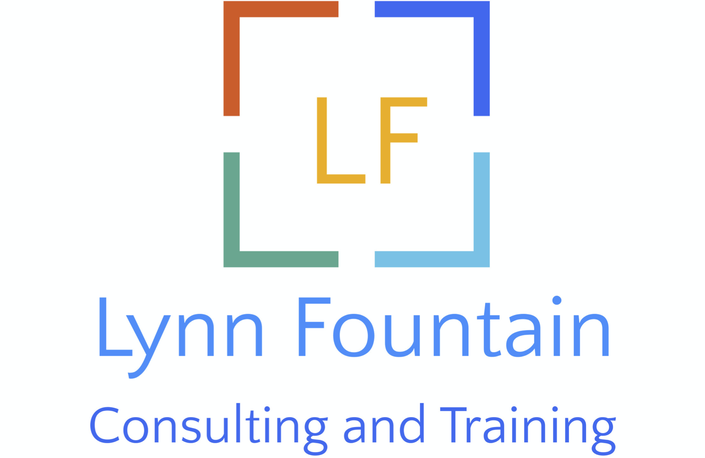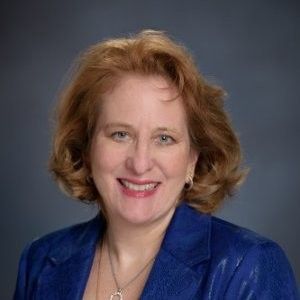
Dissecting the Fraud Triangle
Field: Fraud | Delivery Method: Self Study | CPE Hours: 1.5
Enroll in Course
The fraud triangle is often referred to when studying aspects of white collar crime and fraudulent acts. Two individuals who deserve the most credit for the fraud triangle theory are early criminology researchers Edwin Sutherland and Donald Cressey. Sutherland and Cressey, both criminologists, were professors and researchers teaching criminology in sociology departments.
Sutherland developed the "differential association" theory of why people commit crimes. He believed criminal behavior is learned and not inherited.
The person most associated with developing the fraud triangle was Donald Cressey. Cressey was a co-author with and student of Edwin Sutherland. He defined the fraud problem as a "violation of a position of financial trust that the person originally took in good faith.”
Although Cressey and Sutherland were linked to the concepts embedded in the fraud triangle, neither referred to the term “fraud triangle” or the visual depiction.
Understanding fraud and why it occurs requires a deep understanding of the philosophy and concepts behind each leg of the fraud triangle: pressure, opportunity and rationalization. By understanding these concepts and the profile of the typical white collar fraudster, individuals can begin taking proactive steps towards fraud mitigation.
- Explore the theories of Edward Sutherland and Donald Cressey.
- Recognize symptoms of the fraud triangle.
- Identify how to address symptoms of pressure, opportunity and rationalization.
- Recognize how the three sides of the fraud triangle work together.
- Explore types of fraudulent crimes.
- Evaluate the profile of the fraudster.
Field: Fraud
CPE: 1.5
Delivery Method: Self-Study
Format: Video
Your Instructor

Consultant, CPA, CGMA, CRMA, MBA, Past Chief Audit Executive
Business Consultant, Trainer, Author
Ms. Fountain has over 40 years of experience spanning public accounting, industry accounting and consulting. Sixteen years of that experience has been in the field of internal audit, risk managment and process improvement. She is well adept to assist your organization evaluate business strategy, perform risk assessments, establish a Sarbanes-Oxley process, synergizing internal audit processes or perform process improvement projects.
As a past corporate executive Lynn has a passion for working with professionals to enhance their processes and provide leading edge education. She has authored and delivered hundreds of training courses for accounting, finance and audit professionals. Her training is filled with not just theory but real world application.
Ms. Fountain has authored three technical publications:
-Leading the Internal Audit Function
-Raise the Red Flag
-Ethics and the Internal Auditor's political dilemma
Lynn is a recognized leader in the internal audit profession as well as a recognized business professional.
Ms. Fountain obtained her BSBA from Pittsburg State University and her MBA from Washburn University in Kansas. She has active, current CPA, CGMA, and CRMA credentials.
